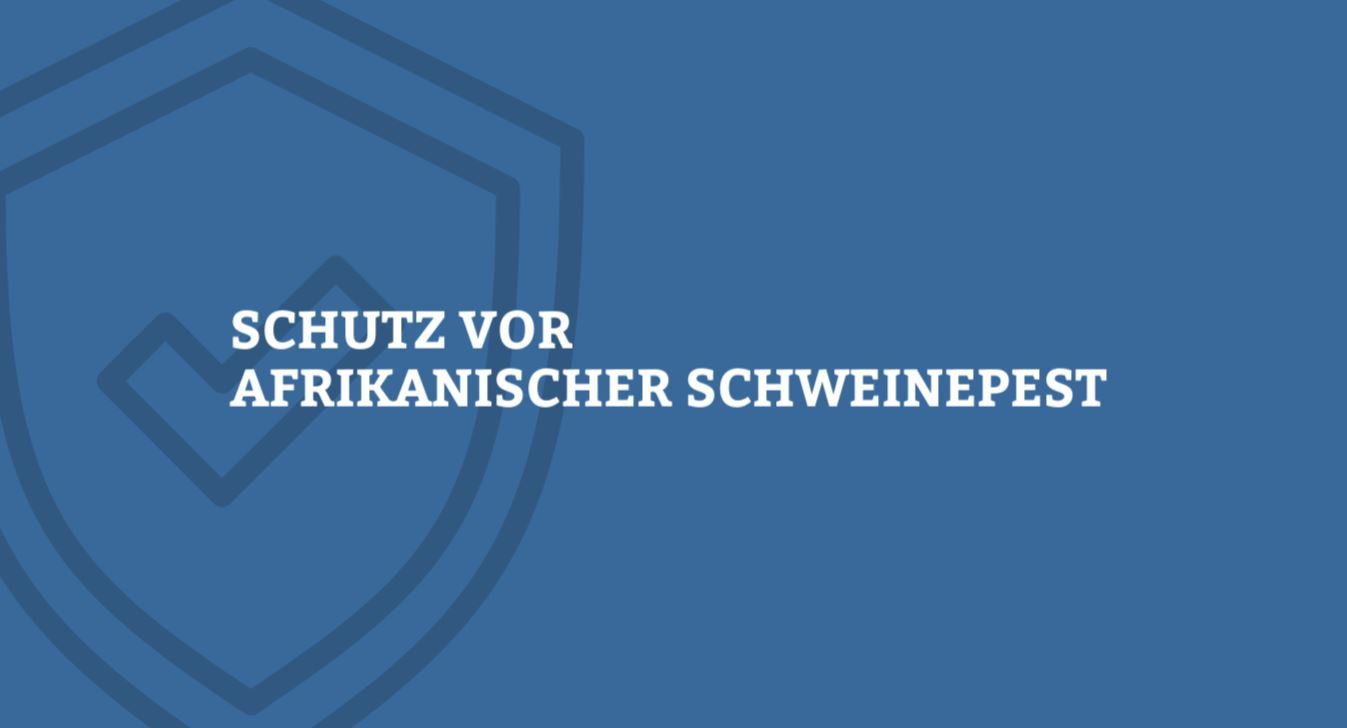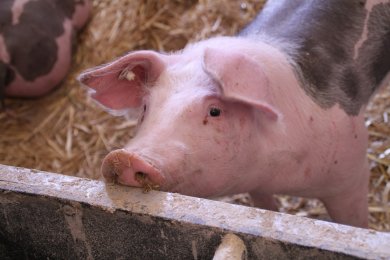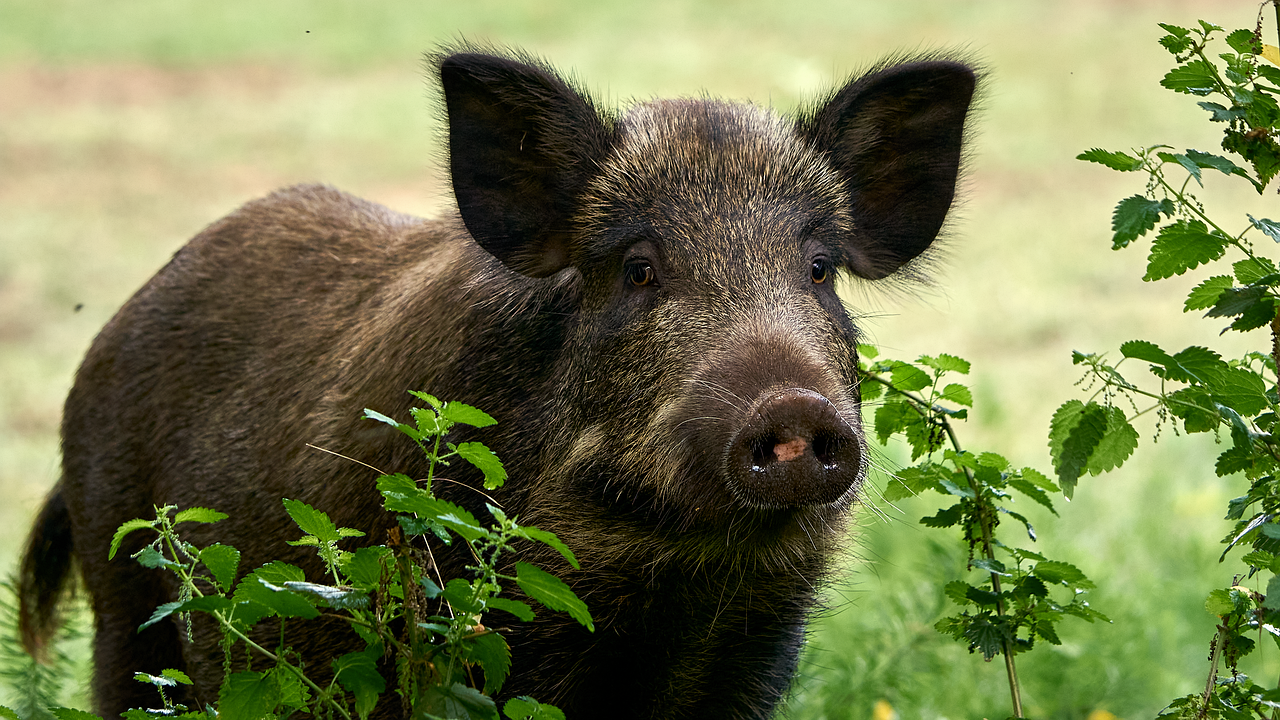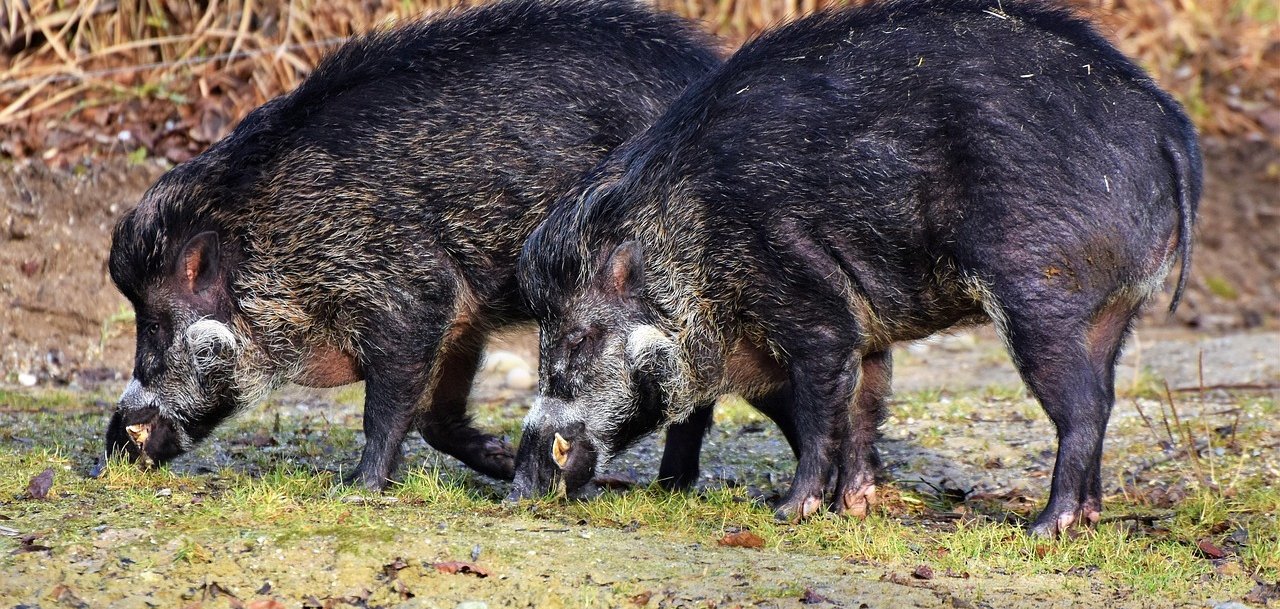
African swine fever
African swine fever
African swine fever, or ASF for short, is a highly contagious animal disease. The highly resistant virus can be transmitted via direct contact between infected and healthy pigs - in particular via blood contact. The disease can also be transmitted via contaminated feed, contaminated objects (vehicles, agricultural equipment, clothing, hunting equipment, etc.) or food.

FAQs - Frequently asked questions about ASP
The most frequently asked questions about African swine fever and the corresponding answers are summarised in an overview.
Important information...

...for authorised hunters
Hunting plays a major role in combating ASF - both in terms of early detection and containment.

...for pig farmers
Pig farmers should prepare for ASF by implementing strict biosecurity measures as a precautionary measure.

...for nature lovers and guests
Tourists can help to contain the spread of the disease by being careful and observing a few rules.


